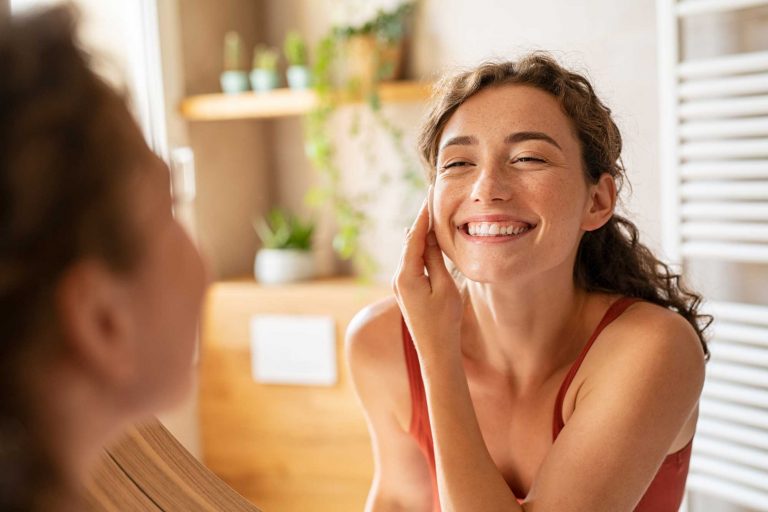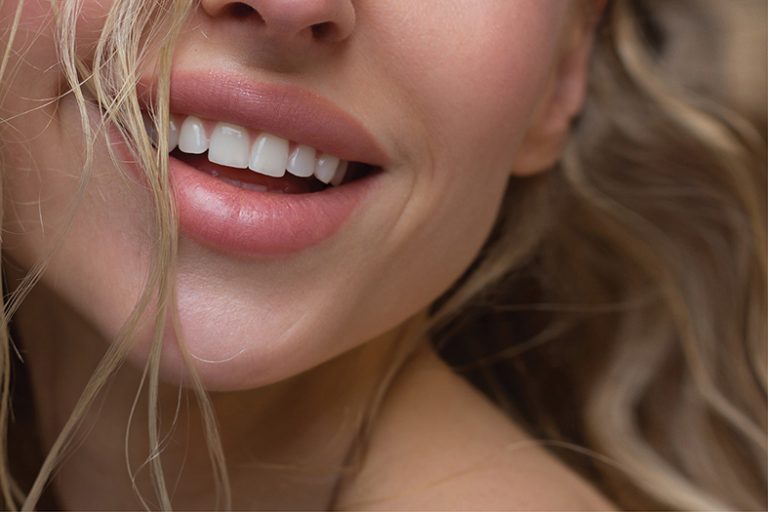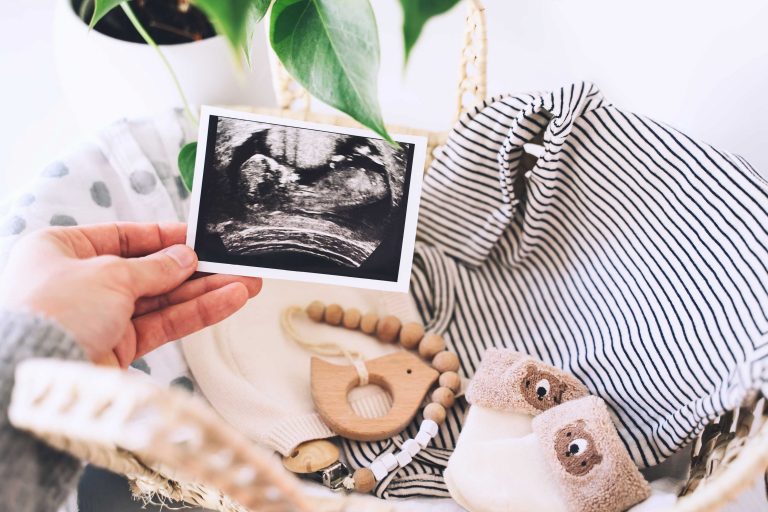- Home
- Beauty care
- Facial Pigmentation: What causes skin blemishes to appear, and can they be delayed?
Facial Pigmentation: What causes skin blemishes to appear, and can they be delayed?
- Facial pigmentation manifests in an uneven skin tone and is a result of a pigment accumulating in certain areas of the skin; various factors influence skin pigmentation.
- Hormonal changes among women are one of the most influential factors when it comes to pigmentation and blemishes.
- Exposure to sunlight accelerates pigmentation in the skin and leads to an increased production of free radicals in the skin, which also hastens the production of melanin.

Facial pigmentation is expressed in an uneven skin tone and even though it’s not considered dangerous, it’s not aesthetically pleasing. There are a few factors that cause blemishes to appear on the skin, some are known, while others may surprise you. What causes pigmentation? Who tends to have it more? Is there a way to reduce the blemishes and get a more even look?
How do pigmentation blemishes form on the skin?
Our skin is home to cells that produce a pigment called melanin. This pigment is responsible for our natural skin tone. Our skin tone can change when we’re exposed to sunlight, for instance. UV radiation accelerates the production of this pigment, creating a tan that fades in time, once the melanin excess is broken down.
When the pigment is evenly distributed in the skin our skin tone looks smooth and even. However, when for various reasons the melanin is unevenly distributed, the skin tone remains uneven, and blemishes form in areas where there is pigment build-up.
Why is pigmentation more common among women?
Hormonal changes among women are one of the main factors that influence the appearance of pigmentation blemishes on the skin. Using hormonal-based contraceptives, such as birth-control pills, make pigmentation more common. There’s an increased tendency for pigmentation blemishes due to hormonal changes during pregnancy and after the birth. Hormonal pigmentation is more common among women with darker skin tone, and the blemishes get worse the more they are exposed to sunlight. Important! Do not treat pigmentation during pregnancy. How common is facial pigmentation? Let’s talk numbers: hormonal pigmentation can develop in 75% of pregnant women, and 33% of women who use hormonal-based contraceptives, especially in areas of increased sun exposure.
Pigmentation: when the wound disappears but the blemish remains
There’s a tendency for some people to develop pigmentation blemishes after inflammation or trauma to the skin; for instance, following the healing of a wound or burn. This type of pigmentation can appear at any age, it is similarly common in men, but more common among darker skin types. Exposure to sunlight can also make things worse in this case and make the blemishes darken.
Got a tan? Your skin never forgets!
Sunlight damages accumulate over the years and might result in skin blemishes over time, mostly in sunlight-exposed areas such as the back, palms, face, and scalp. These are called “age blemishes” and will mostly appear after the age of 50, and are more common among lighter skin types. Exposure to UV radiation can accelerate the production of the pigment in the skin, and can lead to an increased production of free radicals, also influencing the production of melanin. You should see a dermatologist whenever skin blemishes appear.
The surprising reason for pigmentation is right before your eyes
We all know that prolonged exposure to sunlight damages our facial skin, and some of us even make sure to use sunscreen while out in the sun. Many of you might be surprised to discover that we’re exposed to harmful radiation even inside our homes. In fact, the screen you’re looking at this very second is emitting a blue light, which has an effect on our skin over time. The blue light emitted from our cellphones, computers, televisions and LED lighting is around us all the time. It has a very short wavelength and causes an accumulative damage to the collagen and elastin fibers, thus promoting pigmentation.
Antioxidants: what do they have to do with it?
Free radicals in the skin are created due to environmental effects such as air pollution, sunlight radiation, smoking, and exposure to chemical substances. These free radicals create a harmful chain reaction; they damage the collagen and accelerate melanin production, causing the appearance of pigmentation blemishes and the acceleration of the skin aging process. Antioxidants are materials that can defuse free radicals thus stopping the harmful chain reaction. There are antioxidants that were clinically tested, for instance the unique Pomanox® pomegranate extract. Research found that the patented Pomanox® pomegranate extract contributes to defusing free radicals in the skin, prevents oxidization damage, and helps mend existing damages such as sunlight damages. The most profound influence this extract has on pigmentation blemishes has to do with an inhibiting effect on an enzyme called tyrosine, which is involved in the production of melanin. Inhibiting said enzyme actually halts the pigment production process at its initial stage, contributing to the reduction of the blemishes.
Maintaining the skin, inside and out
Sure, there are factors we cannot influence, such as genetics, skin tone, and hormonal changes. However, we can reduce the appearance of skin blemishes in some cases by protecting the skin while exposing it to sunlight: proper clothes, hat and sunscreen, as well as enriching our diet with antioxidants. You can combine antioxidant rich supplements, whose effect on the skin was clinically tested, as a healthy addition to a healthy and balanced diet. When it comes to skincare, the best combination is “both”: combining cosmetic skincare products along with nutritional components that affect the skin from the inside.















